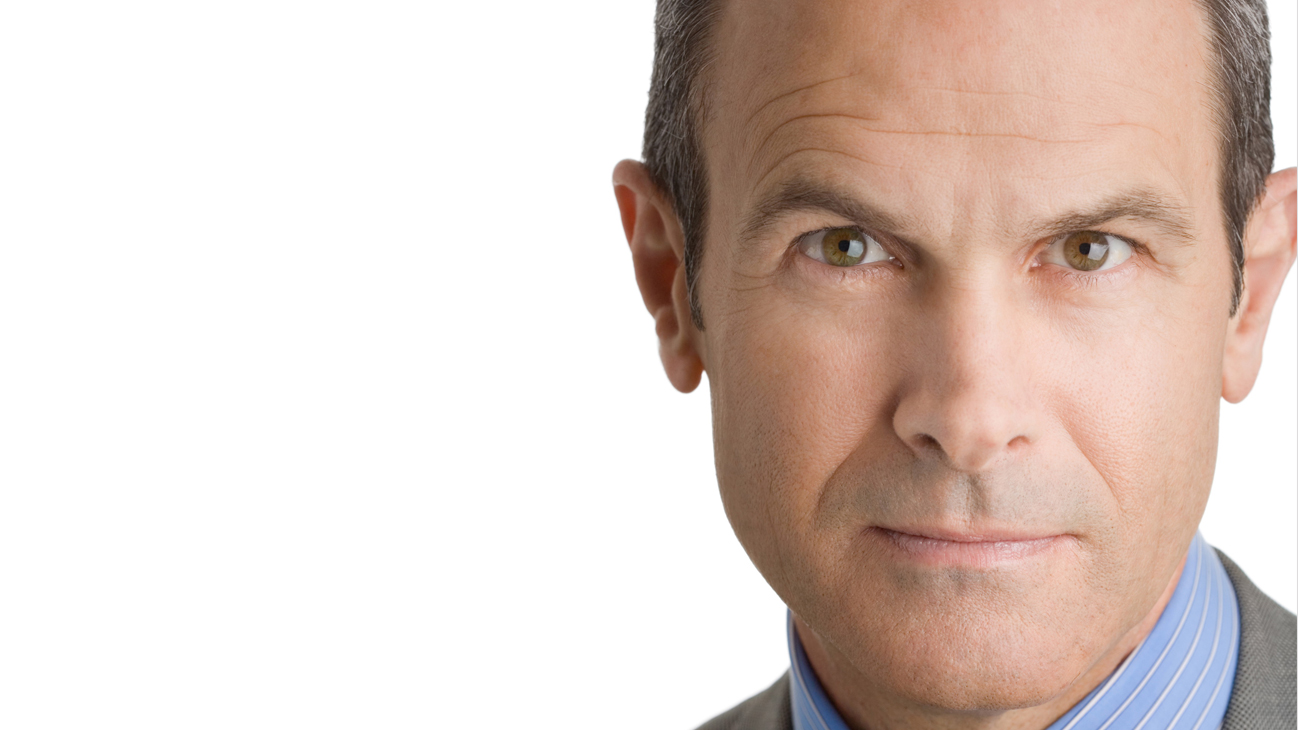Millions of eyes and ears count on―and respect―Geoff Colvin’s insights on the key issues driving change in business, politics, and the economy. The senior editor of Fortune magazine, and named by Directorship magazine as one of the “100 Most Influential Figures in Corporate Governance,” Colvin draws on his years of insider access to top government figures and high-profile executives to share effective leadership strategies, and provides his unparalleled perspective on the business climate of today…and tomorrow. Geoff looks at the impact Donald Trump’s upcoming presidency may have on corporate America:
Is Donald Trump a savvy businessman who as president-elect is wielding his commercial skills to benefit America? Or is he a combination Mafioso and swaggering banana republic commandante? He isn’t even president yet, so he’ll have plenty of time to answer that question, but his actions so far suggest the less flattering answer. If he doesn’t change course, he could damage the economy, the taxpayers, and his own influence as president.
The latest flap is his “Cancel order!” tweet about Boeing’s work on the next pair of planes to serve as Air Force One, replacing planes that have been in service since the Reagan administration. Never mind that Boeing has no order to build the planes. Why this tweet now, seemingly out of nowhere? Only Trump knows, but he sent it shortly after the Chicago Tribune posted an article in which Boeing CEO Dennis Muilenberg mildly and obliquely criticized Trump’s anti-trade stance. “Get even” is one of Trump’s core principles and uglier impulses, and he seems to realize that as president he’ll be positioned to get even like no one else on earth.
The larger issue – much larger – is that the U.S. is the world’s most successful economy in part because it operates on established laws and rules as well as procedures for creating them and challenging them. Boeing’s Air Force One contract, which is not for manufacturing but only for determining the new planes’ capabilities, was negotiated according to those rules. In trampling on them, Trump behaves like a classic Mafioso. Boeing’s Muilenberg didn’t disrespect the don but apparently disrespected the Donald. For that he must pay a price.
Trump has been going after other companies, apparently on whim. In strong-arming Rexnordand United Technologies’ Carrier in the past ten days over their plans to move some production abroad, Trump sets a pattern of crony capitalism and the primacy of rule of man over rule of law. These companies are law abiding, as far as anyone can tell, but Trump will decide what they can or cannot do. Who cares what the law says if the maximum leader wants to shake you down? The president-elect of the world’s mightiest nation got what he wanted by behaving like a tin-pot dictator.
If he keeps this up, Trump will damage the U.S. as a place to do business, making it a country where the president’s mercurial mood is a significant business risk, where “retribution,” as he tweeted on Sunday, and not due process awaits companies that displease him. He inevitably sets himself up as susceptible to bribes, even if he never accepts a dime, and creates a class of self-described fixers who will claim they can influence him for a price, even if they can’t. All of this hurts employees, taxpayers, and everyone else. He will also erode his own credibility when he finds that he can’t bend the eternal bureaucracy to his volatile whims. Boeing’s contracts, for example, will likely be hammered out over a period of years by long-serving government employees following the rules they’re required to follow.
Trump has started down a dangerous and destructive path. He can easily get off it if he realizes that he’s no longer running the Trump Organization and now bears a much heavier responsibility. Whether he does so will be an early indicator of what’s ahead for his presidency.

